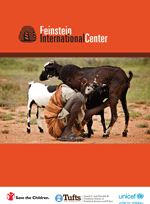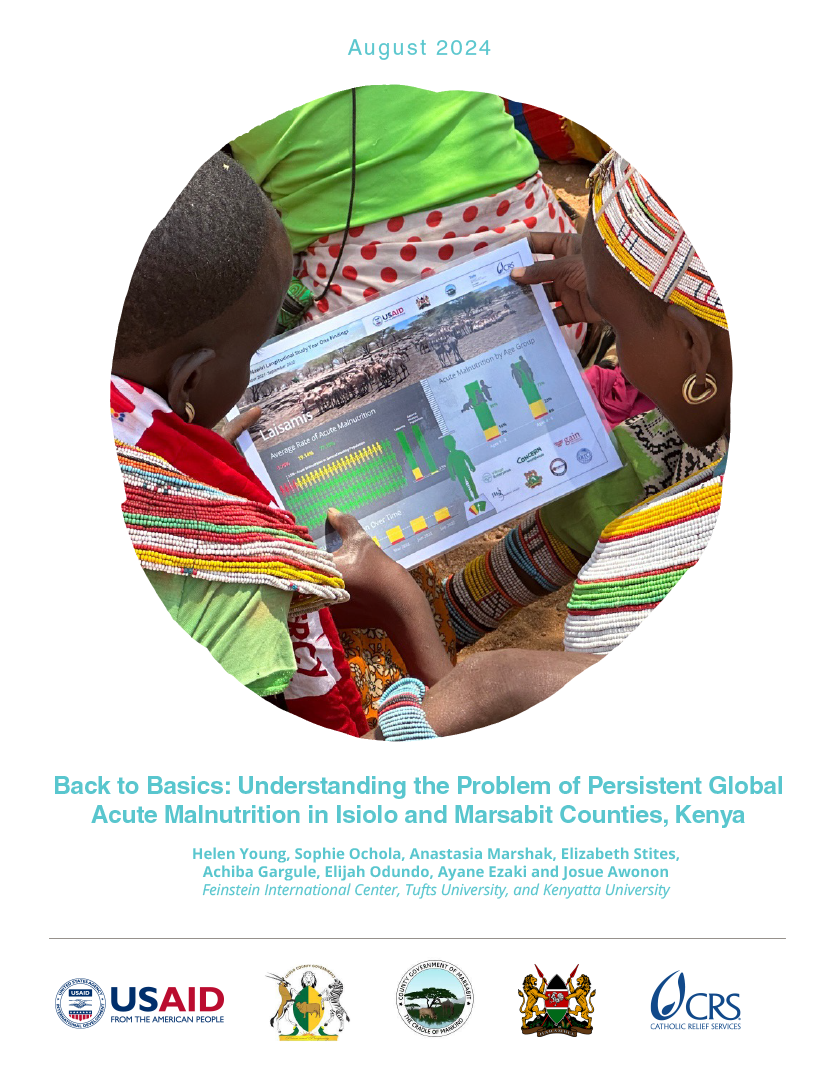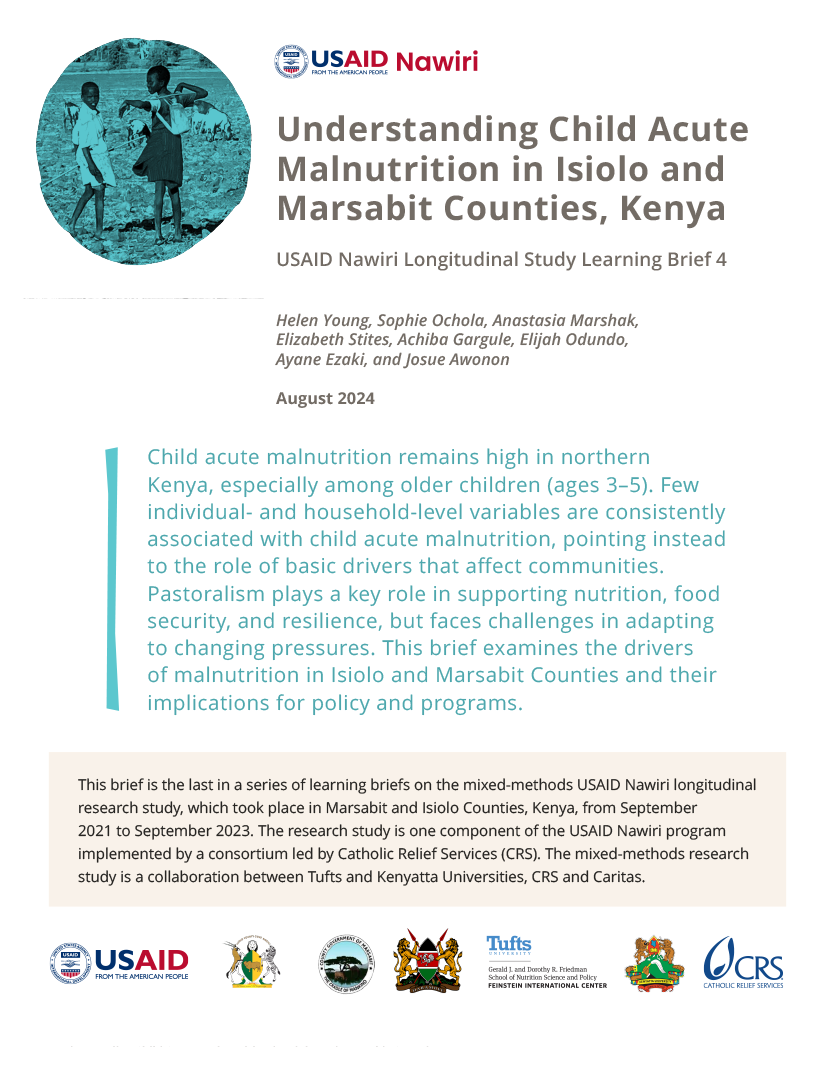Households in the Karamoja region of northeastern Uganda have seen a precipitous drop in access to and availability of animal milk in recent years. The declining milk supply affects livelihoods, food security, and markets, but has the greatest impact on the diets and nutrition of young children.
This study, one output of the collaborative initiative between the Feinstein International Center and Save the Children, examines changes in milk supply and uses by households in pastoral, agro-pastoral and agricultural livelihood zones in Karamoja. Using participatory methods of data collection, the research illustrates both how significant the loss of milk has been to diets and livelihoods and how households have responded to this loss. We find that households prioritize feeding any available milk to children at the expense of milk for all other household members and all other purposes. Nevertheless, the overall reduction of milk in the diets of children continues to have serious nutritional consequences that warrant further attention at the programming, policy, and advocacy levels.







